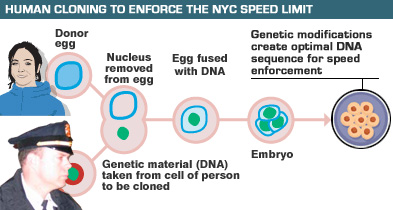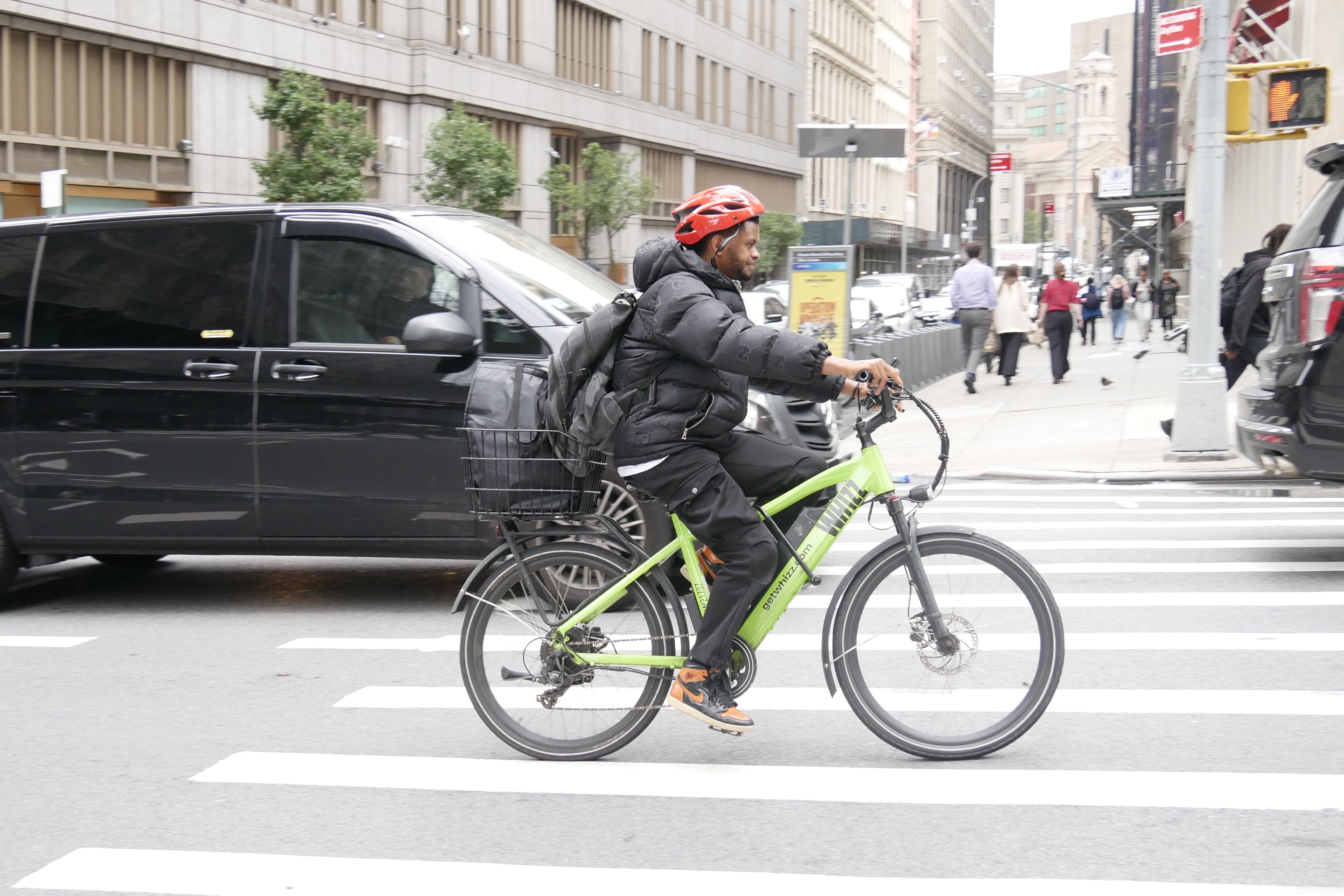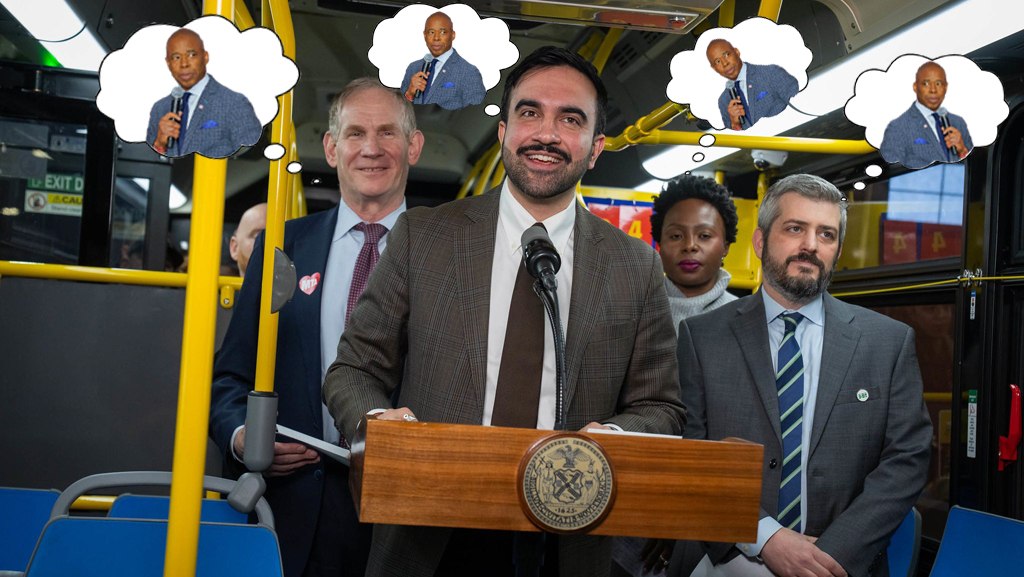After blocking the authorization of NYC's first speed enforcement cameras, State Senator Marty Golden (R - Bay Ridge) has introduced a bill that he says will lead to safer streets while placating the Patrolmen's Benevolent Association, the police union that opposes speed cams.
The bill, S 5639, enables cities with a million or more residents to establish a "clone-enhanced speed enforcement pilot program" in which DNA from PBA members will be harvested, fused with human eggs, and genetically modified to create a special cadre of police clones tasked with enforcing the speed limit. The bill would require clones to join the PBA before they are authorized to issue speeding citations.

While the city's red light camera program has already proven effective at curbing dangerous driving, the PBA has insisted that only flesh-and-blood police officers should issue speeding tickets. NYPD, however, has shown little inclination to prioritize speed enforcement under commissioner Ray Kelly, who has shifted an enormous share of department resources to counterterror initiatives.
"It was never quite clear to me why the PBA opposed speed cams, because it's not like cops enjoy traffic stops or going to traffic court," said Golden. "Nevertheless, they call the shots. Speeding on the streets of New York is unacceptable and puts all of us at risk, and this bill will allow us to save lives while ensuring that only dues-paying members of the Patrolmen's Benevolent Association can enforce the speed limit, which is what really matters."
The speed enforcement clone program would entail a significant upfront investment in the PBA's Human Cloning Lab. Golden assured the press that this would not come at any additional cost to the taxpayer. A consortium of investors, including JPMorgan and Canadian pension funds, has agreed to supply the union with the necessary financing for research, development, and maintenance of 10,000 clones. The loan -- estimated at upwards of $50 billion -- would be provided in return for a guaranteed revenue stream to be generated by speeding tickets after the clones reach maturity.
After learning of the clone program and its financing mechanism, AAA spokesperson Robert Sinclair said he had no problem with the bill. "Ordinarily I would call this 'just another money grab' or something, but this is so obviously never going to happen, it's like, why bother," he said. "Even if they pass this insane bill I'm sure Albany will figure out a way to keep drivers -- and even the PBA -- off the hook for this loan. They're really good at that."
Golden took issue with the characterization. "Look, they've done the math," he said. "This is a risk-free investment in public safety. It's a win-win-win-win-win-win-win."
Golden is also urging the U.S. Congress to take up a companion bill to legalize human cloning.
"Speed cameras are an unproven technology, but we know these genetically-modified human clones will work," he said. "In 40, 50, or 100 years, depending on the pace of scientific advancement and how things shake out in Washington, these clones will be ready to join the PBA, and we'll finally make some progress on keeping New Yorkers safe from speeding drivers."






